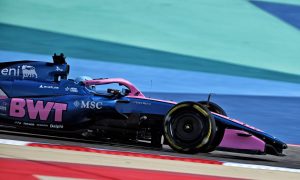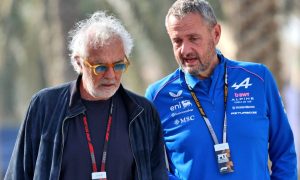
A storm has erupted at the heart of Renault's Formula 1 program. Staff at the manufacturer’s Viry-Chatillon engine facility are in open rebellion against CEO Luca de Meo's plan to transform the Alpine F1 outfit into a Mercedes engine customer team.
The news came as a gut punch to the Viry workforce. Just last month, former Alpine team principal Bruno Famin announced his departure, paving the way for Oliver Oakes to take the reins of the French outfit.
But that wasn't all. Famin also confirmed that Alpine was exploring a switch from a works team to a customer outfit from 2026 when F1 ushers in its new power unit regulations, and most likely in partnership with Mercedes.
This decision seemed baffling given that the development of Renault’s next-generation power unit was already well underway, and the French unions, known for their strong influence, were deeply invested in the project.
With a multi-decade history of producing Formula 1 power units, the Viry staff were understandably shocked by the potential shift away from their core activity.
In a statement released by the Social and Economic Council of Alpine employees in Viry-Chatillon (Conseil Social et Economique) and sent to Motorsport.com, the staff expressed their dismay.
“The Group’s management plans to stop the 2026 programme at Viry-Chatillon and opt for an engine supply, probably from Mercedes. The reason given is a significant direct saving, trading development costs of $120 million for $17 million in annual supply.”
Read also:
The staff argued that such a decision would betray the heritage and DNA of the Viry-Chatillon site.
“We do not understand what justifies killing this elite entity that is the Viry-Chatillon site and betraying its legend and its DNA by grafting a Mercedes heart into our F1 Alpine [car].
“The announcement of the end of the development and production of French power units for Formula 1 is incomprehensible.
“We cannot accept that Alpine and the Renault Group damage their images, which is why we ask Mr. De Meo and his board of directors to renounce this decision.”
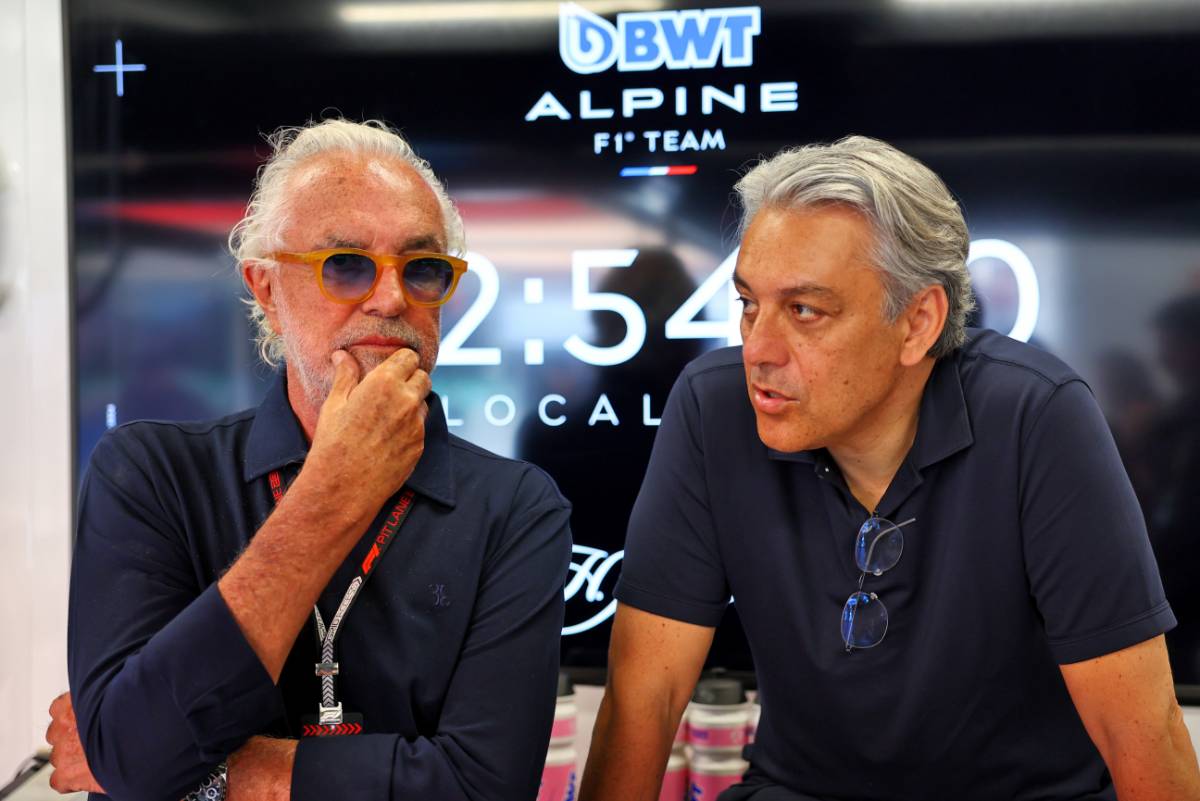
Renault's struggles in the hybrid era have been well chronicled. But the Viry staff passionately believe they're on the cusp of a breakthrough with their 2026 engine.
“More than a hundred disruptive concepts were studied, nearly a third of which demonstrated significant performance on the test bench and should be introduced on the future Alpine engine: the AR26,” it read.
They detailed the impressive timeline – a first start-up for the "factory" version of the AR26, dubbed the RE26A, achieved in June 2024, right on target.
They boasted promising initial results, highlighting the engine's potential to elevate the Alpine F1 team.
“The RE26A is seen by all the Viry-Chatillon teams as a great success, a well-born engine with a clear potential, a year and a half from the first race, to raise the ambitions of Alpine F1 team,” they stated.
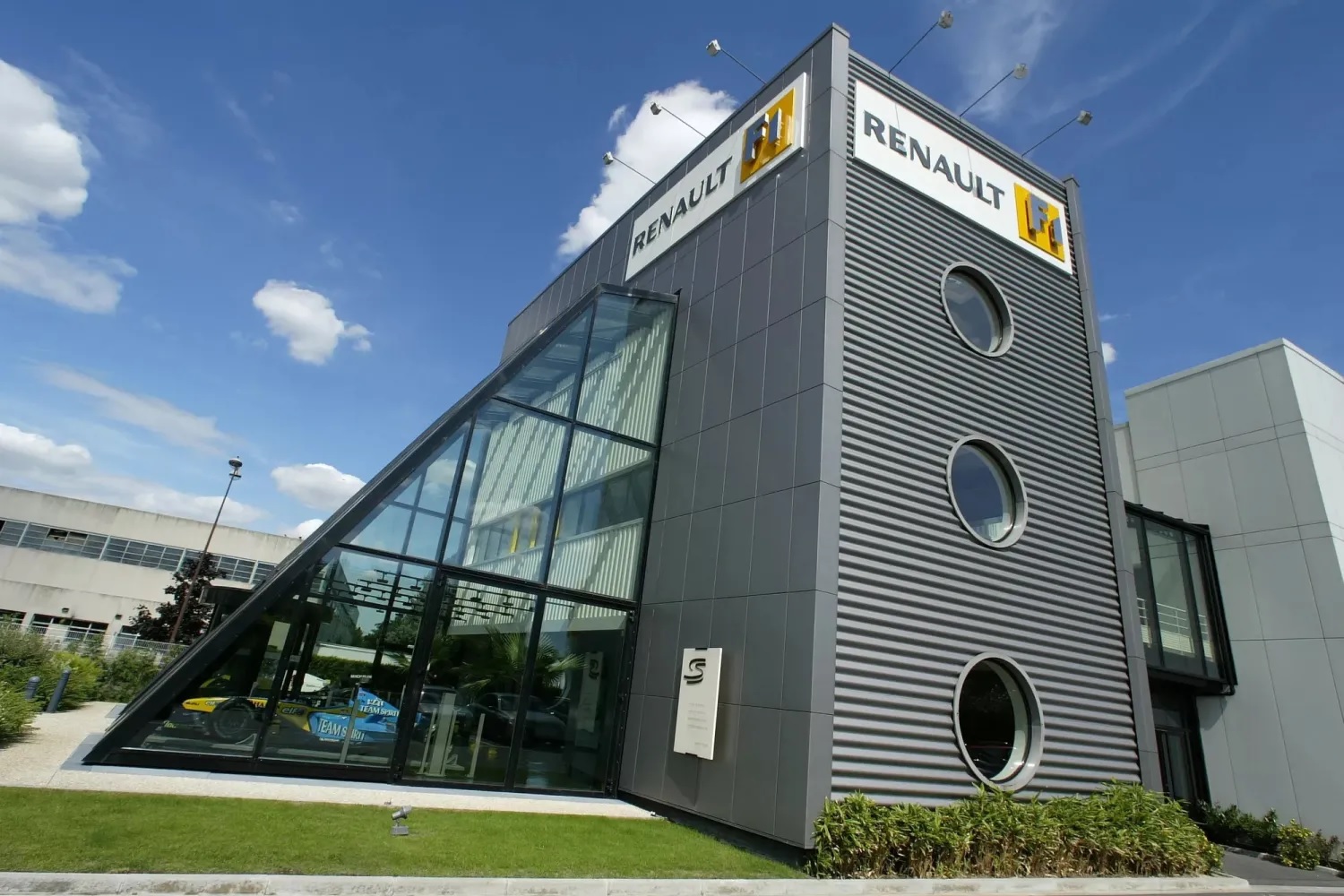
©Alpine
According to Motorsport.com, the Viry facility achieved a 400kW power output during the initial tests with the 2026 engine, reaching close to their objectives and operating at a thermal efficiency of 48%.
This progress underscores the frustration and disappointment felt by the staff, who see their hard work and dedication at risk of being abandoned.
The proposed alternatives offered little solace. Famin suggested redistributing staff to other Renault Group competition projects, such as the Alpine FIA WEC programme, the Dacia Dakar project or to the Nissan Formula E team, but the statement countered that these sectors were already "saturated."
The prospect of working on Alpine road cars was equally unappealing. The Viry workforce sees their expertise as firmly rooted in F1 and not readily transferable.
“Innovation in the automotive sector today focuses on the chemistry and industrialisation of batteries, ‘software defined vehicles’ and autonomous driving. The skills of Viry staff are not related to these subjects,” they contended.
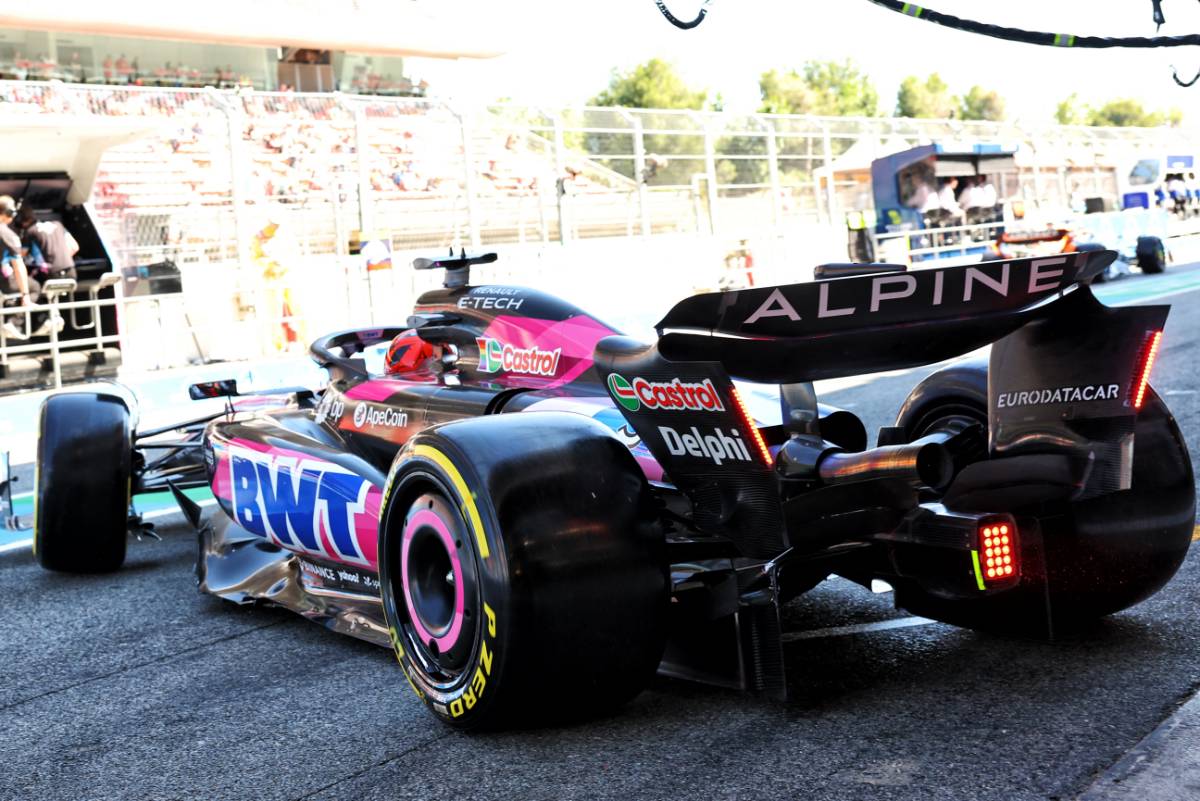
This resistance from the Viry-Chatillon staff presents a significant challenge for De Meo, Famin, new team principal Oakes, and even Alpine advisor Flavio Briatore.
Their desire to save money and improve performance by switching to Mercedes engines has ignited a firestorm within their own ranks.
Viry-Chatillon stands firm. If they maintain their stance, a Renault power unit could still be roaring on the Formula 1 grid in 2026, carrying forward the legacy and tradition that Renault’s engine department has built over decades.
Keep up to date with all the F1 news via Facebook and Twitter





